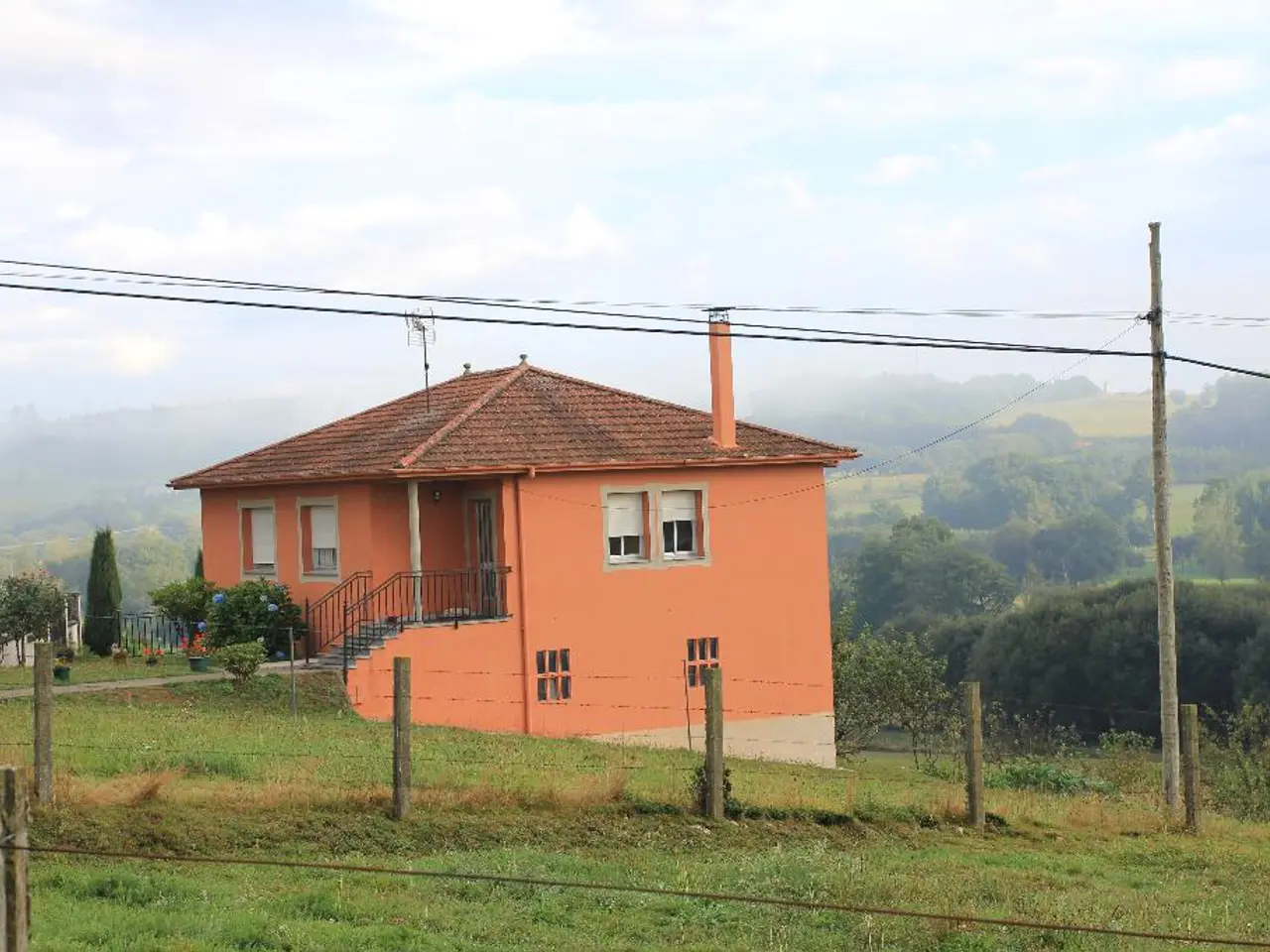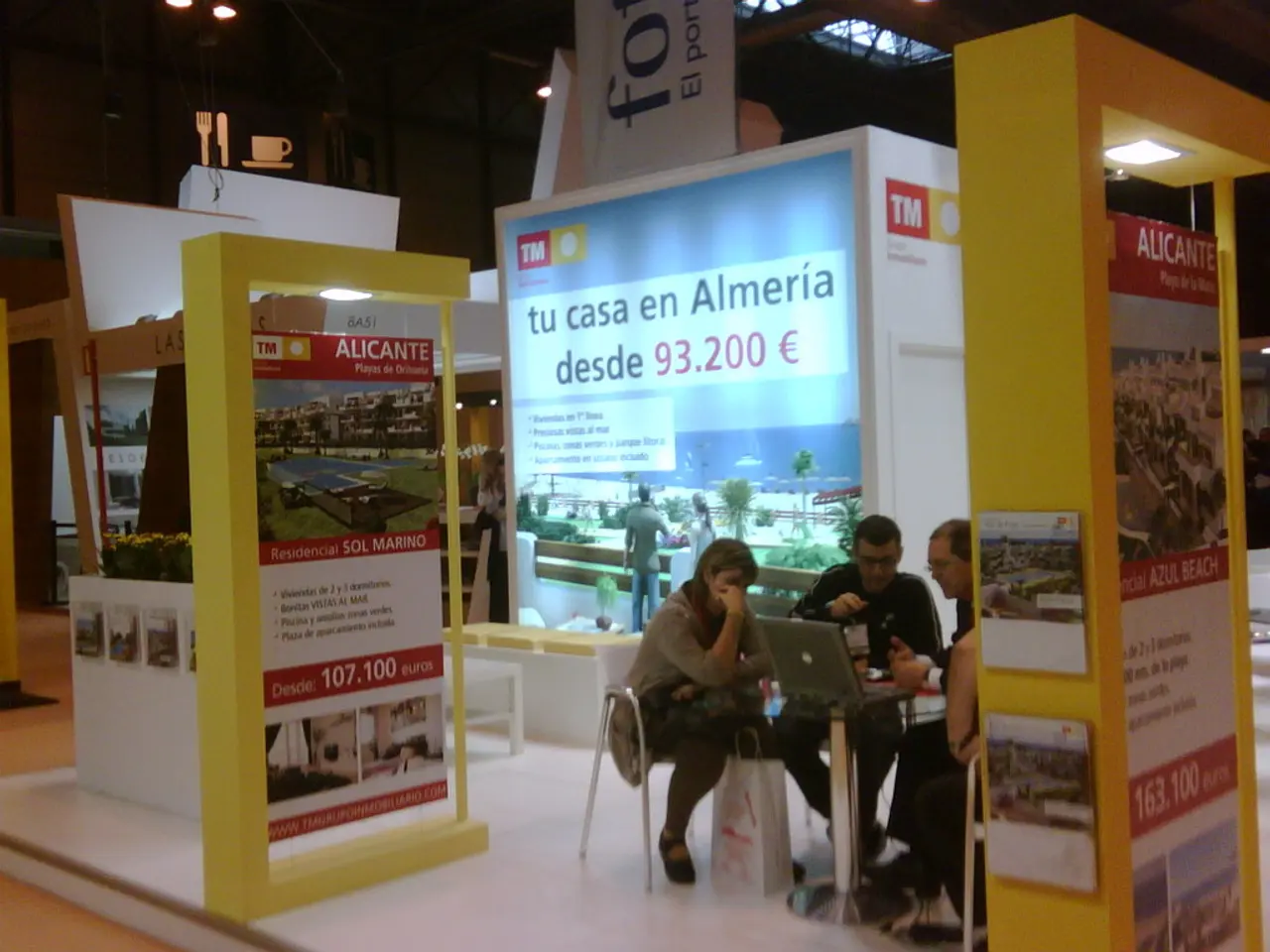Evaluation of MiaSole Thin-Film Solar Panels
MiaSole, a solar technology company, offers a unique solution in the form of flexible CIGS (Copper Indium Gallium Selenide) thin-film solar panels. These panels, available through a network of resellers across the United States and directly from their website, provide several advantages over traditional silicon photovoltaic (PV) panels.
One of the key advantages of MiaSole's flexible CIGS panels is their flexibility and lightweight nature. Unlike rigid silicon panels, these thin-film panels can be applied on curved or irregular surfaces, making them suitable for diverse applications such as building-integrated photovoltaics (BIPV) or portable devices.
Another advantage is the potential for lower manufacturing costs. CIGS thin films allow for manufacturing via solution-based coating or printing techniques, which could reduce costs compared to the high-temperature, energy-intensive processes needed for crystalline silicon wafers.
Moreover, CIGS panels generally perform relatively better under shading, diffuse light, and high temperatures than silicon due to their thin-film material properties.
However, these advantages come with certain trade-offs. The efficiency of CIGS thin-film panels generally remains lower than that of standard crystalline silicon panels, which limits power output per unit area. Thin films, especially flexible ones, can face challenges related to long-term mechanical stability and environmental degradation compared to well-established silicon modules with decades of reliability data.
Additionally, the market for CIGS thin-films like MiaSole's remains more niche and less widely deployed compared to traditional silicon PVs, which are backed by mature manufacturing, extensive installer experience, and established supply chains.
For those considering solar installation, local solar installer 8MSolar in North Carolina and Virginia, with over two decades of experience, could be a valuable resource. They are available for consultations to help with solar installation decisions, including thin film, silicon PV, or both. To contact 8MSolar, dial 919-948-6474.
MiaSole sources panels for the U.S. and European markets from its Santa Clara headquarters. The company offers a workmanship warranty of 5 years, while the industry standard is typically 10 years. MiaSole's production warranty ensures that its panels will retain at least 90% of their initial production capacity after 10 years and a minimum of 80% after 25 years.
In summary, MiaSole's flexible CIGS thin-film solar panels provide enhanced flexibility, potential cost advantages in manufacturing, and better performance in certain conditions. However, these come with trade-offs in efficiency and long-term reliability compared to traditional silicon PV panels.
- MiaSole's flexible CIGS solar panels, unlike traditional silicon panels, can be applied on curved or irregular surfaces due to their lightweight nature and flexibility, a feature that makes them suitable for diverse applications such as building-integrated photovoltaics (BIPV) or portable devices.
- CIGS panels generally perform relatively better under shading, diffuse light, and high temperatures than silicon due to their thin-film material properties.
- For those considering solar installation, local solar installer 8MSolar in North Carolina and Virginia, with over two decades of experience, could be a valuable resource in making solar installation decisions, including thin film, silicon PV, or both.
- MiaSole's production warranty ensures that its panels will retain at least 90% of their initial production capacity after 10 years and a minimum of 80% after 25 years.
- The market for CIGS thin-films like MiaSole's remains more niche and less widely deployed compared to traditional silicon PVs, which are backed by mature manufacturing, extensive installer experience, and established supply chains. Despite the advantages of CIGS panels, their efficiency and long-term reliability remain lower compared to traditional silicon PV panels.




